Welcome Guest!
Teachers are welcome to read and post on Teachers.Net.
Login to access to these free features:
| • Relaxed spam filters • Post pics, links & comments • Get notified of responses |
• Join teacher groups • Apply to teacher jobs • Post a resume |
| LOGIN |
Welcome Guest!
You must login to comment on posts.
Login to access to these free features:
| • Relaxed spam filters • Post links & upload pics • Get notified of responses |
• Join teacher groups • Apply to teacher jobs • Post a resume |
| LOGIN |
Welcome Guest!
Your account must login to post.
Login to access to these free features:
| • Relaxed spam filters • Post, comment, & upload pics • Get notified of responses |
• Join teacher groups • Apply to teacher jobs • Post a resume |
| LOGIN |
Jan 15, 2018
https://www.google.com/amp/s/nypost.com/2016/08/31/jesse-jackson-once-sang-donald-trumps-praises/amp/
Jan 2, 2018
view previous comments
T.E.C. - Iowa
I cannot disagree with the comment "The US runs on apathy." However, I would add "The US runs on fear!" The government played the "fear card" after 9/11, and Americans, the cowards that they are, fell for it - hook, line, and sinker.
Yet, regarding the deep state, some of it is controlled by philosophy. Those in government only allow other...See More
Yet, regarding the deep state, some of it is controlled by philosophy. Those in government only allow other...See More
Jan 3, 2018
http://abcnews.go.com/Politics/trump-attorney-sends-bannon-cease-desist-letter-disparaging/story?id=52128555
Jan 3, 2018
He backed down. Ha!
This is likely to get lost in the shuffle of other breaking news this week
https://www.whitehouse.gov/briefings-statements/statement-press-secretary-presidential-advisory-commission-election-integrity/
Jan 2, 2018
In the year since the publication of the so-called Steele dossier — the collection of intelligence reports we commissioned about Donald Trump's ties to Russi...See More
Chalky
Did the FBI have a mole inside the Trump campaign?
From the article linked in the previous post: "We don't believe the Steele dossier was the trigger for the F.B.I.'s investigation into Russian meddling. As we told the Senate Judiciary Committee in August, our sources said the dossier was taken so seriously because it corroborated reports ...See More
From the article linked in the previous post: "We don't believe the Steele dossier was the trigger for the F.B.I.'s investigation into Russian meddling. As we told the Senate Judiciary Committee in August, our sources said the dossier was taken so seriously because it corroborated reports ...See More
Bob R/CA
That source would appear to be Papadopoulos.
WASHINGTON — During a night of heavy drinking at an upscale London bar in May 2016, George Papadopoulos, a young foreign policy adviser to the Trump campaign, made a startling revelation to Australia's top diplomat in Britain: Russia had political dirt on Hillary Clinton.
About three weeks earlier, Mr. Papadopoulos had been told that Mos...See More
About three weeks earlier, Mr. Papadopoulos had been told that Mos...See More
Dec 29, 2017
Chalky
He lies about everything. How do his supporters believe *anything* he says.
https://www.youtube.com/watch?v=NQMm6PcMIL0
https://www.youtube.com/watch?v=NQMm6PcMIL0
Dec 15, 2017
view previous comments
Bob R/CA
Guy in tin foil hat dismissing the toxic waste pooling in his neighborhood, saying "the real problem is chemtrails!"
T.E.C. - Iowa
Not sure what contrails Bob is referencing, but clearly, Israel and possibly Saudi Arabia have a greater impact on America than Russia ever thought of having!
Time to quit pretending American elections are "sacred!" American elections are rigged, and so many people have figured it out that the largest block of voters consists of those who ...See More
Time to quit pretending American elections are "sacred!" American elections are rigged, and so many people have figured it out that the largest block of voters consists of those who ...See More
next page » « prev page
Teacher Chatboards


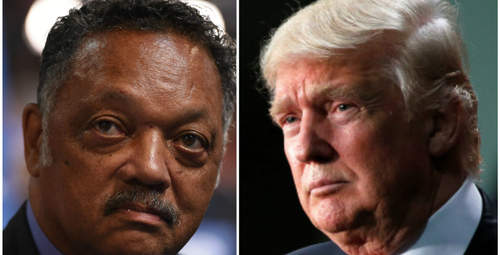
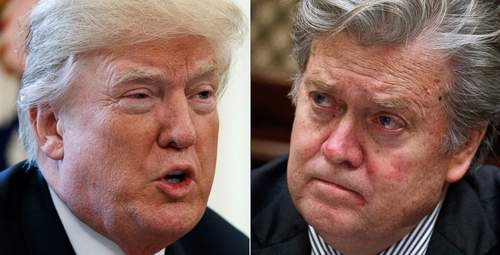


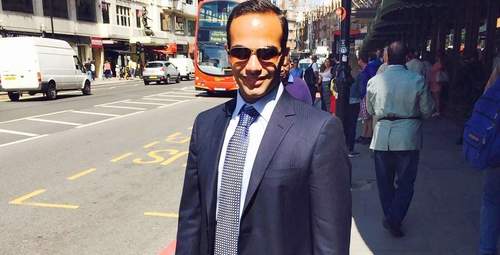
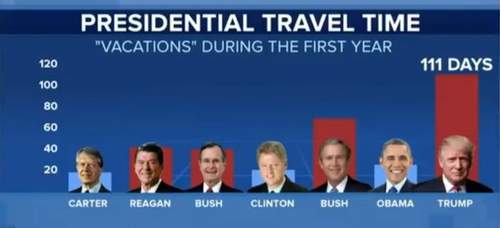

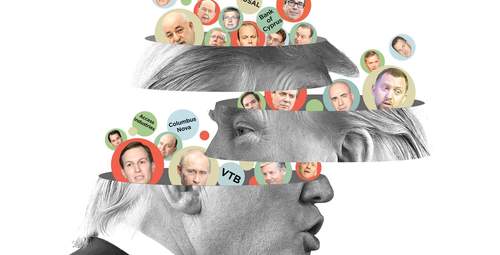

I really haven't concerned myself with deep state theories. I don't think these theories are...See More